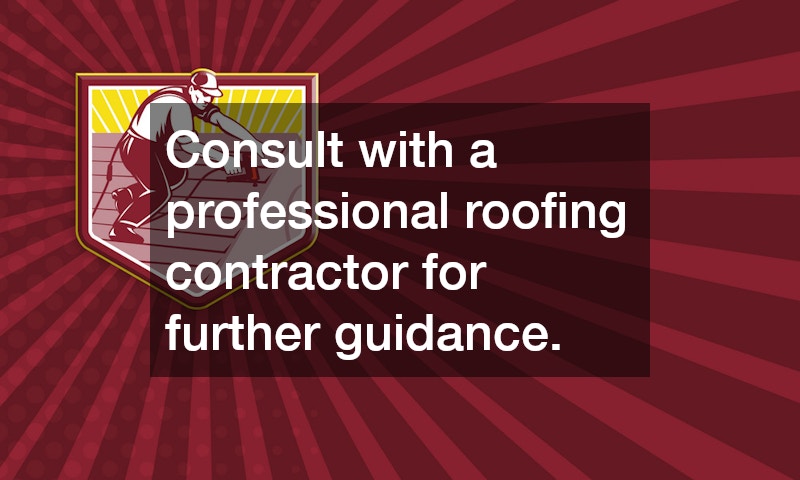When it comes to installing a new roof, many homeowners wonder if their insurance will cover the cost. The answer to this question depends on several factors, including the cause of the damage, the specifics of your policy, and the type of coverage your insurer offers.
Covered Perils and Roof Damage
Insurance will typically cover roof damage if it’s caused by a covered peril, such as a severe storm, fire, or vandalism. For example, if your roof is damaged by hail, windstorms, fallen trees, or other unexpected events, your insurer may pay for repairs or even a full roof replacement. However, it’s important to note that the damage must be caused by an event that is included in your policy, so reviewing your specific coverage is essential.
Age and Condition of Your Roof
One major consideration is the age and condition of your roof. Insurance companies are less likely to cover a new roof installation if the damage results from wear and tear or a lack of maintenance. For roofs that are older and show signs of deterioration, your insurer may not fully cover replacement costs. In these cases, the insurance payout could be based on the depreciated value of the roof, meaning you might have to pay a significant portion of the replacement cost out-of-pocket. Some policies offer full replacement coverage, but this is more common with newer roofs or specific types of coverage.
Understanding Your Deductible
Another important aspect to consider is your deductible. Even if your insurance covers roof replacement, you will likely need to pay the deductible before your insurer contributes. The amount of your deductible can vary depending on your policy, so it’s essential to understand how it works before filing a claim. In some cases, the deductible may be high enough that it doesn’t make sense to file a claim, especially if the damage doesn’t significantly exceed that amount.
Types of Coverage
Different types of insurance policies offer different levels of coverage for roofing. Policies with Actual Cash Value (ACV) coverage provide reimbursement for roof replacement minus depreciation, meaning you could receive a lower payout for an older roof. On the other hand, policies with Replacement Cost Value (RCV) coverage reimburse the full cost of replacing your roof without factoring in depreciation, which can be more beneficial for homeowners with older roofs.
Exclusions and Limits in Coverage
While many insurance policies cover roof damage caused by specific events, there may be exclusions or limits that could affect your coverage. Damage resulting from neglect or lack of maintenance is typically not covered, and damage caused by flooding or earthquakes may require separate coverage. It’s also important to be aware that some high-risk areas may have additional coverage requirements or exclusions, so it’s best to confirm your policy details with your insurer.
Upgrades Required by Building Codes
In some cases, when a roof is replaced due to damage, local building codes may require certain upgrades. Your insurance may cover the cost of these upgrades, but this varies from policy to policy. If building code upgrades are required during your roof replacement, it’s a good idea to confirm with your insurer whether these additional costs will be covered.
Filing a Claim for Roof Replacement
If your roof is damaged and you believe it’s covered under your policy, the first step is to document the damage with clear photos and videos. Contact your insurance company as soon as possible to file a claim and provide an estimate from a professional local roofing contractor. It’s also important to review your policy to understand your coverage limits, deductible, and any exclusions that may apply.
In conclusion, whether your insurance will cover a new roof installation depends on a variety of factors, including the cause of the damage, the age and condition of your roof, and the specifics of your insurance policy. To ensure that you fully understand your coverage, it’s essential to read your policy carefully and reach out to your insurer for clarification. Regular roof maintenance and being proactive about damage can help minimize costs in the event that a claim is necessary. If you’re uncertain about your coverage or have concerns about the condition of your roof, consult with a local roofing contractor for further guidance.




